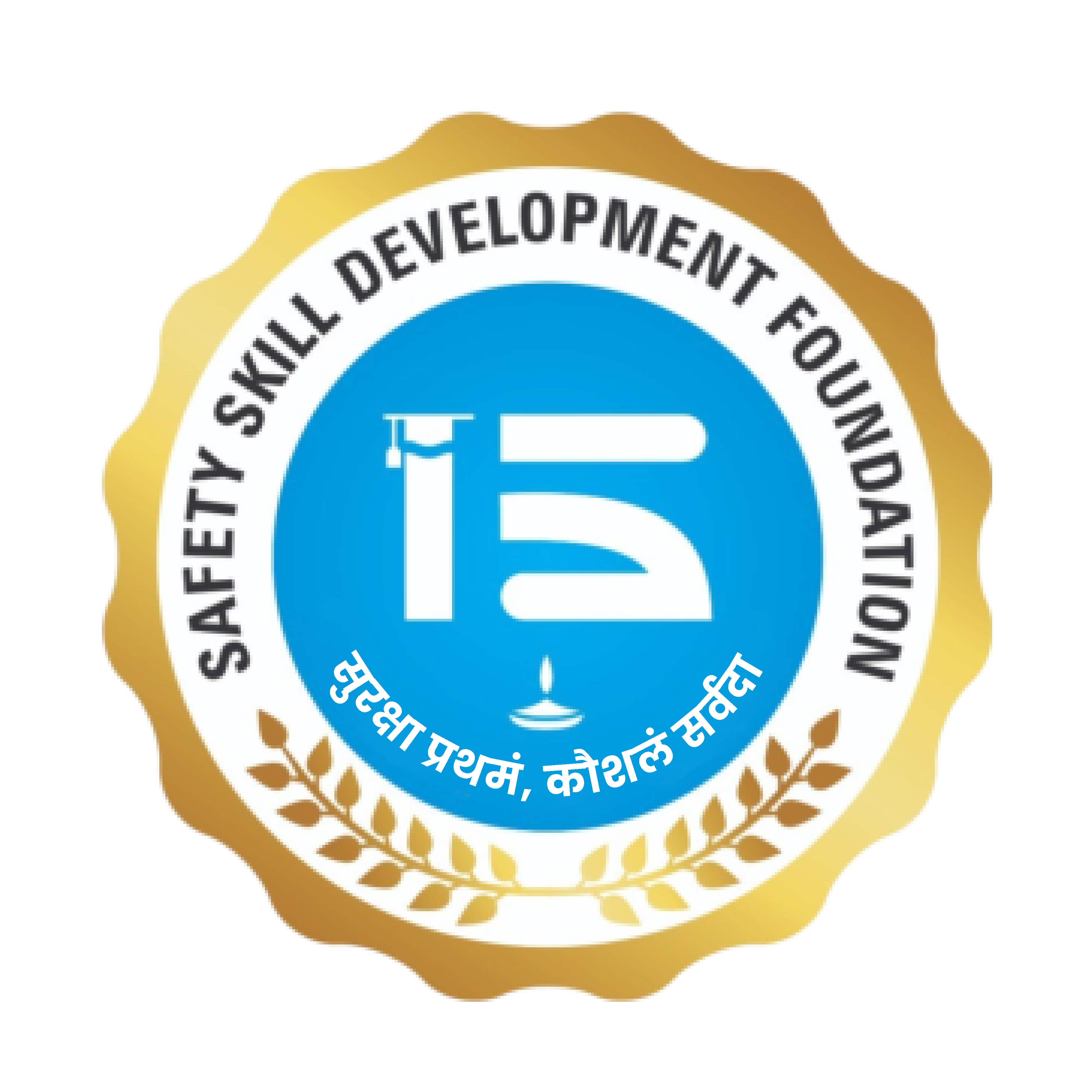Blogs
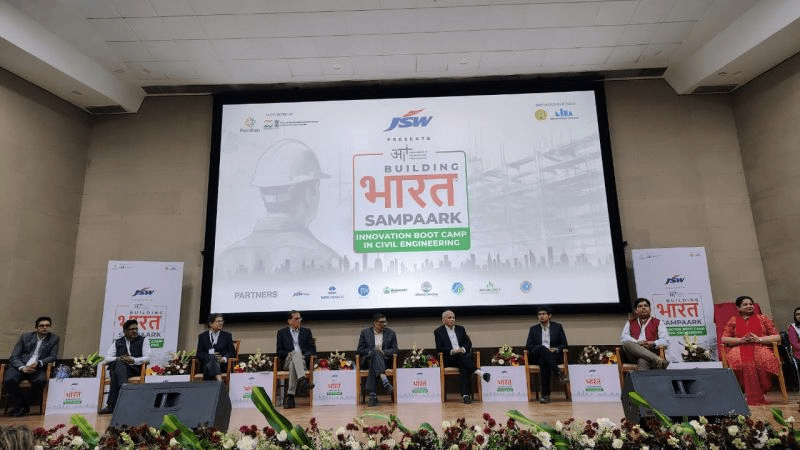
Identifying Problems worth Solving in Civil Engineering: SSDF at BUILDING BHARAT SAMPAARK
India is experiencing rapid infrastructure expansion across highways, metros, airports, industrial corridors, and urban development. As the nation progresses toward Viksit Bharat 2047, the civil engineering sector faces the critical task of delivering projects that prioritize quality, safety, sustainability, and long-term resilience—not just speed. These themes were central at The Building Bharat Sampaark – Civil Engineering Innovation Boot Camp, where the Safety Skill Development Foundation (SSDF) emphasized identifying problems worth solving. SSDF highlighted that many failures—ranging from quality defects to safety incidents—arise from weak problem definition during planning and execution. Problem-led innovation, rooted in on-ground realities and lifecycle thinking, enables durable, compliant, and scalable infrastructure outcomes.
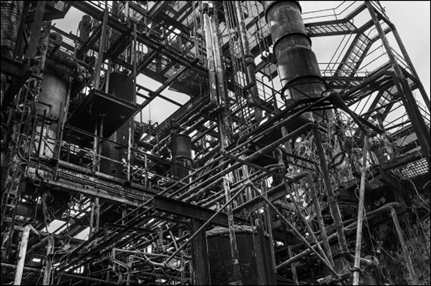
40 years of the Bhopal Gas Tragedy: A Call for Safety Skills and Training
Forty years ago, on the night of December 2-3, 1984, the city of Bhopal, India, witnessed the world’s worst industrial disaster. The catastrophic leak of methyl isocyanate (MIC) gas from the Union Carbide India Limited (UCIL) plant claimed thousands of lives and left countless others with lasting health issues. This tragedy serves as a stark reminder of the critical importance of safety protocols, training, and skills in industrial operations.

Building a Skilled and Safe India: An Open Letter to Students on Teachers’ Day
Occupational health and safety are one of the most in-demand fields for skilled professionals. As industries change face with technology, so too have the safety challenges become more complex. From chemical hazards to the new frontiers of ergonomics, safety has moved beyond compliance into a strategic part of industrial operations. The Safety Skill Development Foundation is committed to ensuring this set of vital skills is not just an afterthought, but a foundation in our workforce training.

Celebrating International Youth Day with a Focus on Skill Development
Every year on August 12, the world observes International Youth Day, a day devoted to acknowledging the contributions made by youth to society and addressing the issues they encounter. This day, which was declared by the UN in 2000, underscores the significance of enabling young people to act as change agents and the critical role that they play in attaining sustainable development on a worldwide scale. Examining the significance of International Youth Day and the critical role that skill development has in influencing our youth’s futures is imperative as we celebrate this day.
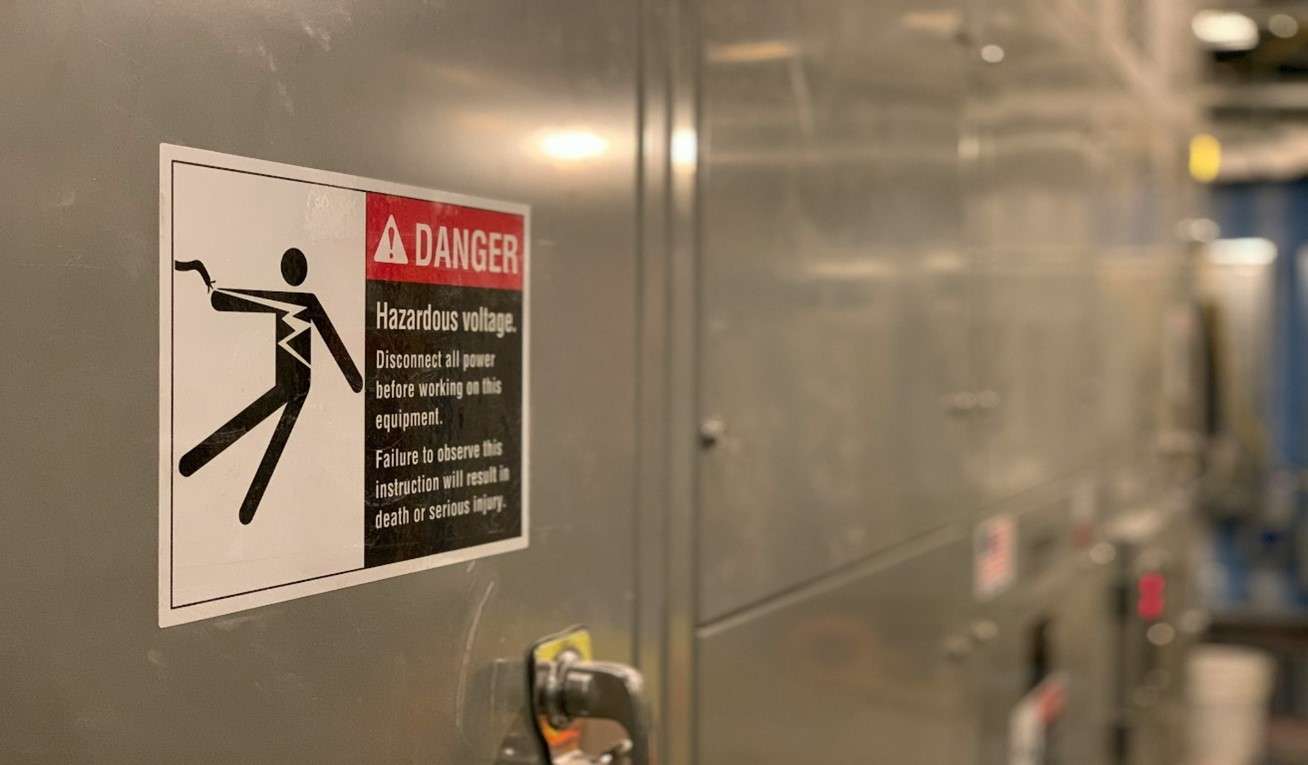
Comprehensive Guide to Electrical Safety Rules for Industries in India
Preventing electrical accidents is one of the prerequisites for any business. Whether you are installing any electrical equipment or working with electrical devices, you must follow general electrical safety rules. In India, industries need to follow the Indian Electricity Rules 1956, which was last revised in 2020.

Electrical Hazard Awareness: Proactive Strategies for Workplace Safety
In the modern workplace, electrical hazards present a persistent and potentially lethal threat, requiring proactive measures to mitigate risks and ensure safety. From overhead power lines to defective insulation and overloaded circuits, the dangers are diverse and ever-present. This article delves into the essential aspects of electrical hazard awareness, exploring common workplace risks and outlining preventive strategies. By understanding the nature of these hazards and implementing comprehensive safety protocols, individuals and organizations can safeguard against life-altering injuries and fatalities, prioritizing a culture of diligence and precaution in every electrical endeavour.

Electrical Hazard Awareness: SSDF’s Role in Promoting Proactive Workplace Safety
Electricity is the backbone of modern workplaces, powering everything from machinery to communication systems. However, it also poses significant hazards that can result in severe injuries or fatalities if not managed appropriately. At the Safety Skill Development Foundation (SSDF), our mission is to foster occupational safety, health, and environmental (OSHE) awareness, helping industries and individuals develop the skills necessary to create safer work environments. This blog explores the critical aspects of electrical hazard awareness while highlighting SSDF’s efforts to address these challenges.

Empowering India’s Youth: Vocational Skills and Sustainable Development on World Youth Skills Day
World Youth Skills Day, celebrated annually on July 15th, is a significant occasion dedicated to recognizing the importance of equipping young people with skills for employment, decent work, and entrepreneurship. Initiated by the United Nations in 2014, this day emphasizes the critical role of skilled youth in addressing current and future global challenges. For a developing nation like India, where the youth population is one of the largest in the world, this day holds even greater significance. It is a moment to acknowledge the potential of the youth and the importance of investing in their development to ensure a brighter, more prosperous future.
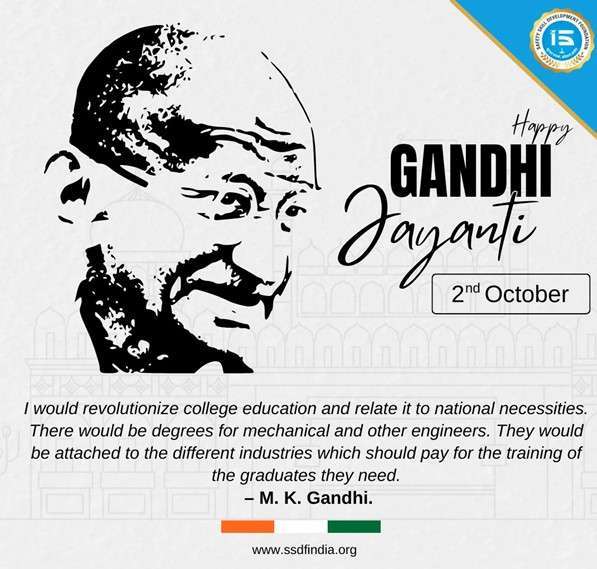
Empowering Young India; Embracing Skill Development for a Skill India this Gandhi Jayanti
In today’s fast-paced world, we often overlook the importance of developing a diverse range of skills. From agricultural expertise to industrial and technical proficiency, the scope is vast. As young Indians, you are in a unique position to adapt and innovate in these fields. You have the opportunity to create a safe future that not only respects traditional skills but also integrates modern technologies and practices.
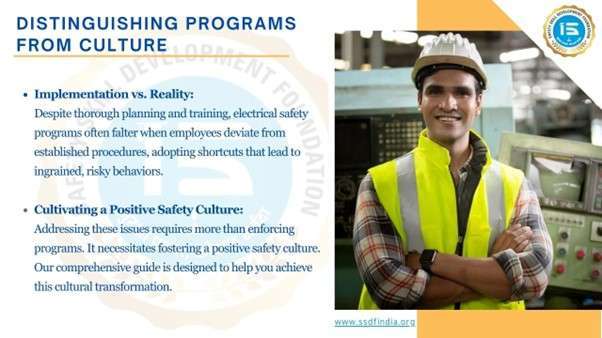
Enhancing Electrical Safety: Bridging the Gaps in Safety Programs
Ensuring the safety of your workforce isn’t just a legal obligation; it’s a moral imperative. SAFETY SKILL DEVELOPMENT FOUNDATION (SSDF) understands the challenge of omnipresence and the need to foster a workplace environment where safety is intrinsic rather than imposed. The skill gap – “the divide between job-seekers skills and the skills demanded by industry” has been very high in India. SSDF was set up with a vision to create industrial-need based skill ecosystem for safety professionals for industries by developing internationally acceptable National Occupational Standards (NOS).

FROM ASHES TO ACTION: DESIGNING FIRE-SAFE ECO BUILDINGS IN INDIA
Explores the urgent need to integrate fire safety into the sustainable building movement. While green buildings in India increasingly focus on energy efficiency and environmental impact, fire resilience remains a critical but often overlooked component. The article outlines how modern green building codes—such as LEED and IGBC—are evolving to incorporate fire safety measures, and how the National Building Code (NBC) of India supports this alignment. It presents real-world examples of eco-friendly yet fire-resistant materials, passive design strategies, and field-tested best practices that demonstrate that sustainability and fire safety can coexist.

National Safety Day
National Safety Day in India is celebrated on March 4th every year. The National Safety Council (NSC) was set up in 1966 with the aim to create awareness about safety standards and to help in the reduction of industrial accidents, road accidents, and to encourage safety measures in various sectors by the Ministry of Labour, Government of India. The was tasked with advancing national security, public health and environmental protection. In 1972, the NSC declared March 4 to be National Safety Day, which gradually paved the way for an annual observance to disseminate the message of safety in all walks of life. National Safety Day and the subsequent Safety Week campaign have since then, significantly contributed to the realization of safe practices at respective organization levels across the country by enabling organizations to formulate tailored initiatives as per their individual requirements.

Safety Skills: Essential Investments for Success in Modern Industries
It is not just about having a passion for safety and health promotion; there is a need to get acquainted with the principles and techniques required to maintain safety, health and environment. Safety skills therefore form a very vital cornerstone in the avoidance of accidents, prevention of injuries, and reduction of risks. In this blog, we will look at why safety consciousness is necessary in today’s generation.

SKILL DEVELOPMENT AND WORKPLACE SAFETY IN INDIA – THE ROLE OF SSDF
On the occasion of World Youth Skills Day, it’s vital to spotlight the role of vocational training in empowering India’s youth for a safer and more productive future. India’s rapid industrial growth and expanding working-age population have underscored the importance of vocational training and workplace safety. The Safety Skill Development Foundation (SSDF), a recognized awarding body, plays a vital role in bridging the gap between employability and occupational safety by offering NSQF-aligned qualifications in high-risk sectors.
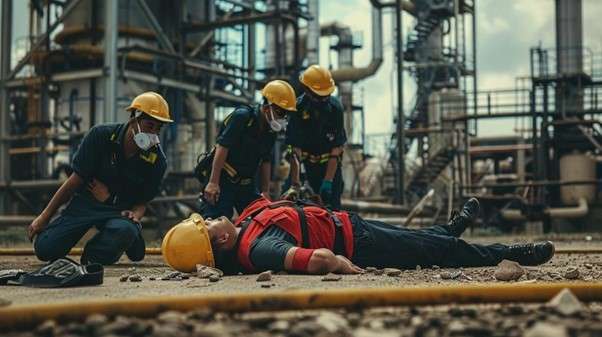
The Future of Safety Professionals: Navigating Emerging Challenges and Opportunities
OSH professionals face huge challenges because of fast-growing technological innovations, demographic changes, new organizational practices, and emerging environmental hazards. Indeed, these shifts imply the safety profession and practice, in that; This blog goes further to discuss how safety professionals are placed in the future, the newer risks safety professionals are likely to encounter, and the importance of competence in enhancing a better safety professional talent for the future. Such understanding enables the stakeholders to be in a better position in negotiating changes that affect OSH thus promoting a safer and healthier workplace.

The Significance of Renewable Energy and Akshay Urja Day: A Path to Sustainable Development
SSDF, a recognized Awarding Body affiliated with NCVET, has recently joined the Skill India Digital Hub (SID), which serves as the Digital Public Infrastructure (DPI) for various aspects of skill development, education, employment, and entrepreneurship in India.
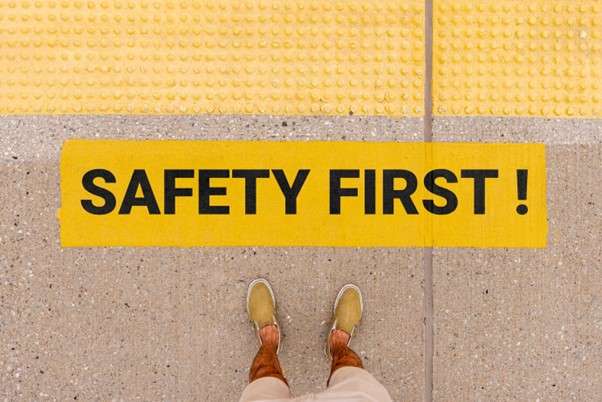
The Significance of Renewable Energy and Akshay Urja Day: A Path to Sustainable Development
The word Akshay in Sanskrit means ‘eternal’ or ‘indestructible’, ‘Akshay Urja’ therefore, translates to ‘eternal energy’ or ‘renewable energy’, as it includes solar, wind, and hydroelectricity. These sources are essential in satisfying the growing energy requirement that results from the increasing industrialization and human population as is the case with India. In contrast to the familiar, non-renewable sources of energy such as oil, gas, and coal, which are scarce and damaging to the environment, renewable energy is abundant and friendly to the environment.

TOWARDS A HOLISTIC APPROACH: INTEGRATING OCCUPATIONAL SAFETY WITH ENVIRONMENTAL SUSTAINABILITY AND SOCIAL RESPONSIBILITY
Environmental and worker safety are deeply interconnected. A safe workplace not only shields employees from hazards but also supports the sustainability of surrounding ecosystems. Modern safety strategies are evolving beyond incident prevention, focusing on holistic worker well-being—including mental health, ergonomics, and social security—recognizing that healthy workers are safer and more productive.
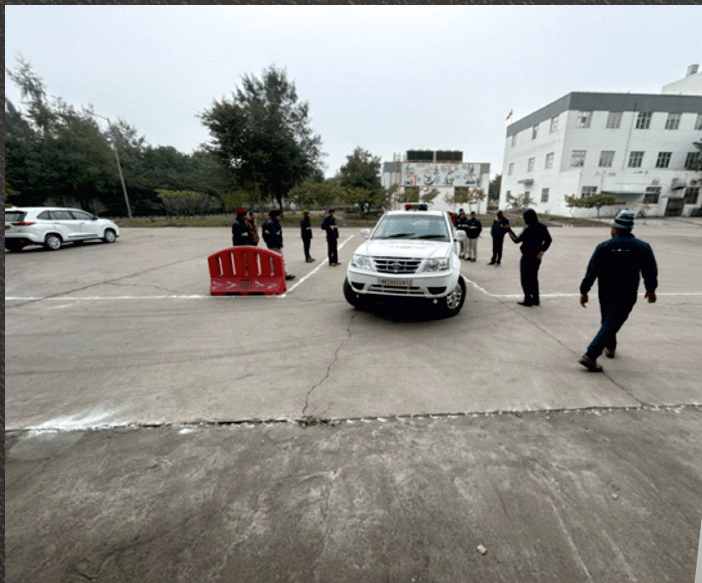
SECURING ROAD SAFETY FOR ALL: AN ESSENTIAL ECUMENICAL MANDATE
Ensuring road safety for everyone is a crucial issue that affects people all over the world. Millions of individuals rely on road conveyance for sundry purposes, including commuting, peregrinating, and conveying goods. However, due to the increasing number of conveyances and inadequate infrastructure, Vehicle safety has become an ecumenical concern.

Unleashing India’s Demographic Dividend: A Roadmap to Economic Prosperity
India stands at the cusp of a transformative era driven by its demographic dividend. With a projected working-age population surpassing a billion by 2030, the country is poised to become a global powerhouse of human resources. This burgeoning workforce, coupled with a youthful demographic profile, presents immense opportunities for economic growth and development.




